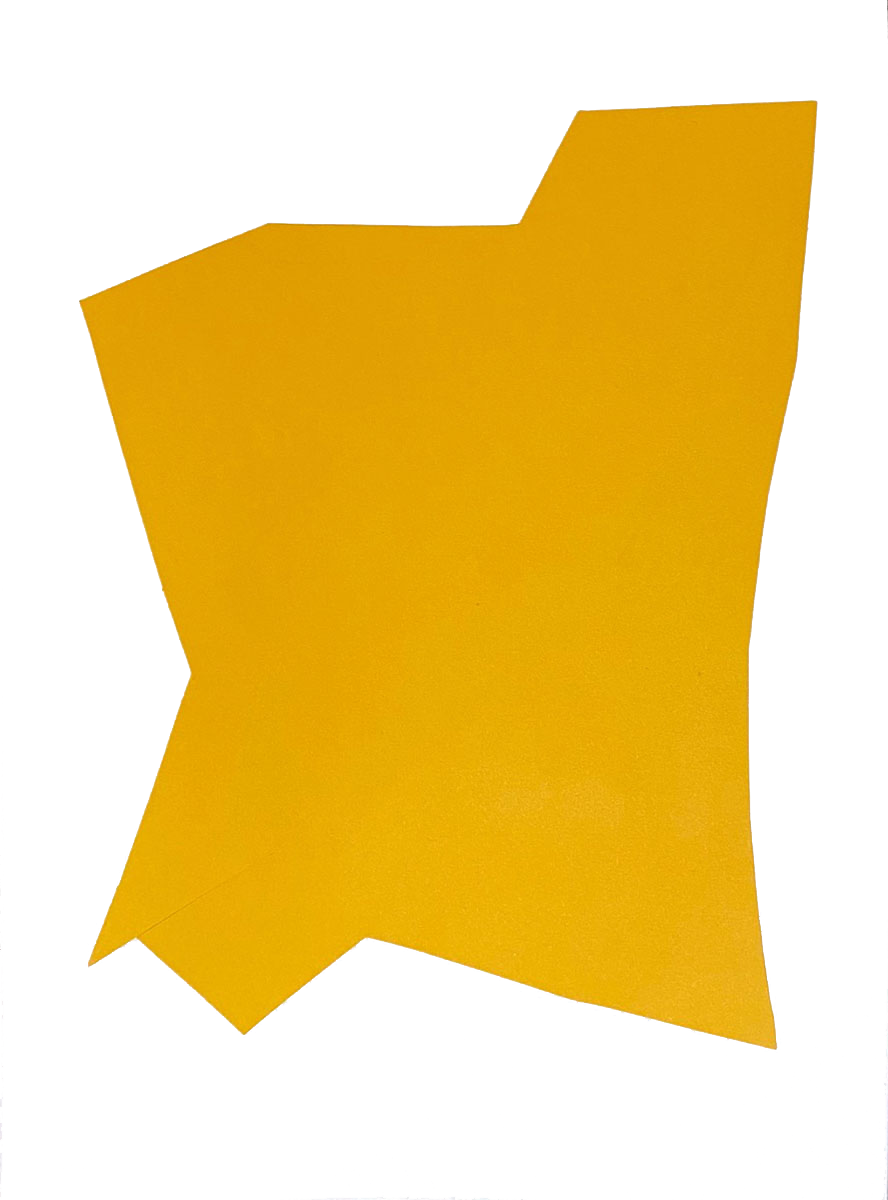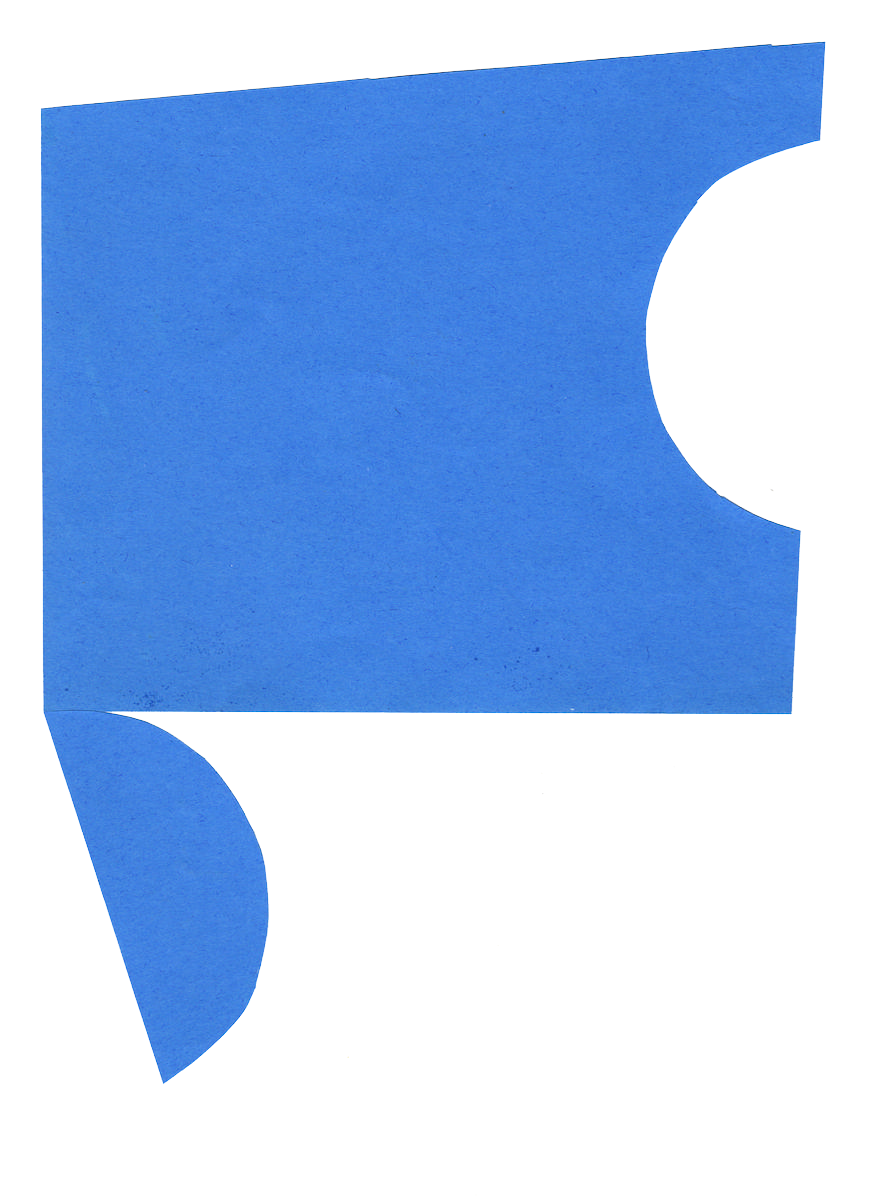
Annie: For me I was lucky that it wasn't a question of what do I want to do, it was will I be able to?
It was always really obvious that if I had the choice of anything, it would be art... So it wasn't a hard decision. It was how to make it possible. You know? I didn't really have an, uh, existenial question of what would I like to major in. Well, what I would like, is this. Is it possible?

Vidya: So um, I'm not sure if I knew what I was making at the time. I have since thought back on this time of my life and I understand better what I think I was trying to accomplish both in high school and then college. But I didn't have, and I'll tell you that after I tell you what I think I was thinking at the time. At the time, um, I thought that art was discursive because that is what was being taught to me, that it was about philosophical discourse. Um, what I felt, after spending a semester in Florence, with our shared mentor, Regan Wheat, was that art was very much a way of seeing and a way of being and a way I could be in the world and look at the world. It was probably my first um experience pf being given permission to, not just embrace, but really investigate my own erotisicsm as an artist. Like what do I like and how do I like it and why do I like it? What do I want to see it become? Um it's not that you don't get tastes of that in a K-12 experience or like a suburban upbringing but I think it was the first time I was allowed to dig into it and validate it in doing that. Immediately chsoe to major in communication design, um, and some of that I was doing because of internalized capitalism and fear but I think some of it had to do with that there was something sticky for me about word and image and design and utility. And of course that is devalued in art historical contexts that see art as soleyl philosophical and discursive. So I was being taught a lot of binaries including the binary between art and design. Um, and I have since looked back at the things I was making um in high school and in my design program. I don't know what I was going in the inbetween, wait there was a self-portrait I made, and I think what I was trying to do was decolonize my art education. And figure out how the tradition, the creative traditons of my ancestors and from my culture, fit inside this definition, this word. And I had no guidance in doing this, there were professors in my design program that ran a program in India everyyear, and I didn't find out about it until it was probably outside the scope of what I would be able to do, um, and so I actually, rather than embracing or um, being excited by that program, being very turned off by the program. Maybe for some reasons that are related to, I mean I think, at this basic level, here's a program where a bunch of white kids went to India to learn about the ways in which design is embedded in the village cultures there and as a part of the way of life, which is true for most indigenous cultures, but I didn't have ccess to it, but I didn't have access to it so I felt boxed out of my own culture. Um, a lot of my projects related to south-asian culture in one way or another from a young age, and yeah and that was what I was trying to do and I didn't know how these things had been so siloed in my expeirnce of them, fit together.

